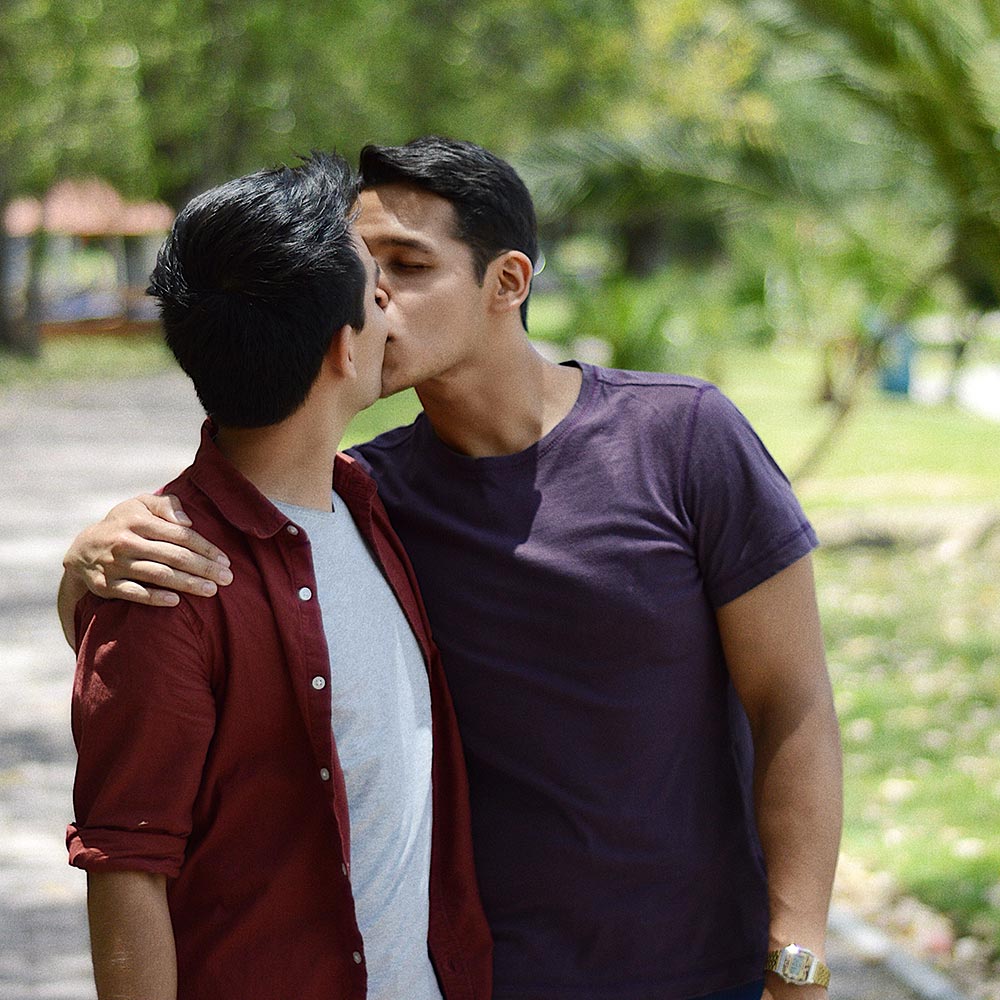How to Support 2SLGBTQIA+ Youth
Individuals belonging to marginalized groups may face discrimination or additional burdens in school, relationships, and communities. In a dating relationship, some youth may experience power dynamics that enable abuse or additional barriers which prevent them from seeking help.
- 2SLGBTQIA+ youth (those who identify as two-spirit (2S), lesbian, gay, bisexual, transgender, questioning, queer, intersex, pansexual, androgynous, or asexual) may be afraid that their friends and family will not support or accept them if they share what is happening in their relationships.
- 2SLGBTQIA+ youth are more likely to experience discrimination and violence from romantic partners, family, educators, peers, and the community.
- 2SLGBTQIA+ teens are more likely to experience dating violence than teens who do not identify as 2SLGBTQIA+.
- Their status as 2SLGBTQIA+ may be used as an additional means of control or manipulation (e.g., partner threatening to “out” them to public).
- 2SLGBTQIA+ youth face additional barriers to seeking help and resources.
- They may feel stigmatized.
- They may feel like adults don’t understand their situation.
- They may have had prior negative experiences seeking help.
Be Inclusive
-
Children are influenced by how their caregivers act. Their ability to come to you for support may depend on how you treat 2SLGBTQIA+ topics and individuals.
-
Create positive connections with 2SLGBTQIA+ youth. Your child is more likely to trust you to understand their gender identity/sexual orientation if you demonstrate inclusiveness.
-
Encourage respectful and cooperative behaviour among individuals belonging to different groups.

Support Your Child
-
Surround your child with supportive adults and communities.
- Enroll in a school, community groups and organized activities that support the 2SLGBTQIA+ community.
- Work with your child’s school to promote a supportive and inclusive community (e.g., start a Gay-Straight Alliance).
-
Seek professional help and support when needed.
- 2SLGBTQIA+ youth may have a hard time fitting in and may be ignored or targeted by their friends and peer group.
- 2SLGBTQIA+ youth who experience violence often struggle with depression and low self-esteem.
- Counsellors can provide support through individual counselling or support groups.
- 2SLGBTQIA+ youth may feel uncomfortable disclosing dating violence with adults who are unfamiliar with or insensitive toward 2SLGBTQIA+ issues.
- If you feel uncomfortable or unfamiliar with 2SLGBTQIA+ issues, seek outside help for your child.


Become an Advocate
-
Show your support for your child through your actions.
-
Speak out for 2SLGBTQIA+ issues in your community.
-
Support policies that recognize the importance of dealing with dating violence and discrimination against 2SLGBTQIA+ youth.


